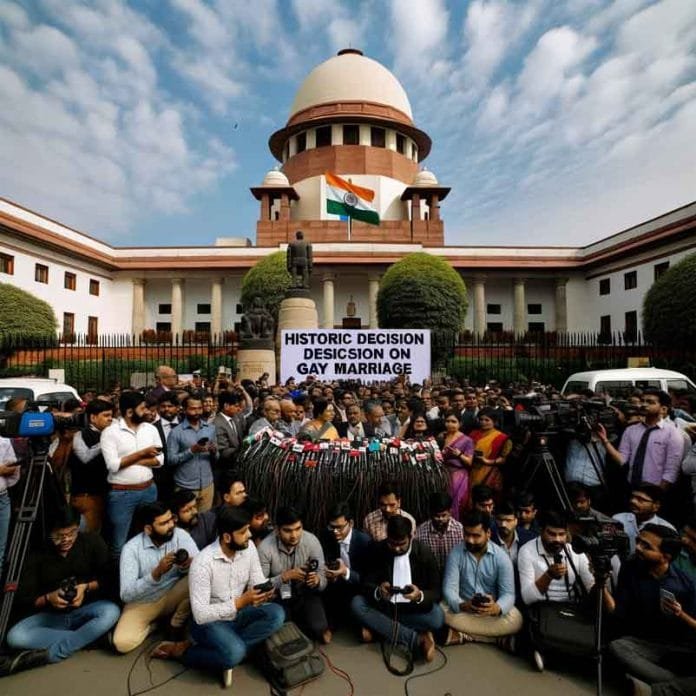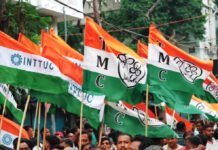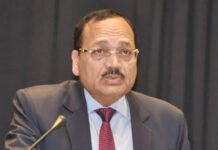INVC NEWS
New Delhi : India’s Supreme Court has ruled against the legal recognition of gay marriage, stating that the issue falls under the purview of the Parliament. Read our detailed analysis of this landmark decision and its implications.
India’s Supreme Court on Gay Marriage: A Detailed Analysis of the Landmark Decision
In a highly anticipated ruling, India’s Supreme Court has made its stance clear on the issue of gay marriage. The apex court refused to grant legal recognition to gay marriages, stating that the matter should be decided by the Parliament. This decision has sparked a myriad of reactions, ranging from disappointment to a call for legislative action.
The Verdict: A 3-2 Decision by the Constitution Bench
The Constitution Bench of the Supreme Court, led by Chief Justice DY Chandrachud, delivered the verdict in a 3-2 decision. The court clarified that while homosexuality is not a mental illness, gay marriage does not have legal standing under Indian law. The Chief Justice emphasized that the court’s role is not to make laws but to interpret them, urging the Parliament to take action on this issue.
[ez-toc]
The Special Marriage Act: A Central Point of Contention
One of the key points in the verdict was the Special Marriage Act. Chief Justice Chandrachud stated that the court cannot annul the provisions of this act. He further added that abolishing the Special Marriage Act would regress the country to a pre-independence era, stressing that it is up to the Parliament to amend or maintain the act.
Separation of Powers: The Court’s Limitations
The Chief Justice was explicit about the limitations of the judiciary in this matter. He said, “The principle of separation of powers cannot come in the way of the Court issuing directions to protect fundamental rights. The court cannot make law but can only interpret it and make it effective.”
Guidelines for Non-Discrimination: A Silver Lining
Although the court refused to recognize gay marriages, it did issue several guidelines aimed at reducing discrimination against the LGBTQIA+ community. These guidelines were directed at both the Central and State Governments, urging them to protect the dignity of the gay community and ensure equal access to goods and services.
Public Reaction: The Voice of the Petitioners
Akkai Padmashali, one of the petitioners in the case, expressed disappointment but also hope for future legislative action. Padmashali emphasized that marriage is a matter between individuals and questioned societal interference in personal choices.
The Role of the Central Government: A Cautious Stance
During the hearing, the Central Government, represented by Solicitor General Tushar Mehta, was asked about its willingness to provide social welfare benefits to same-sex couples without legal recognition. The government responded positively but emphasized that such a significant change should be discussed in Parliament or State Assemblies.
Conclusion: A Call for Legislative Action
The Supreme Court’s verdict has made it clear that the ball is now in the Parliament’s court. While the decision may be seen as a setback by many in the LGBTQIA+ community, it also serves as a catalyst for change, urging legislative bodies to take definitive action on the issue of gay marriage in India.
















